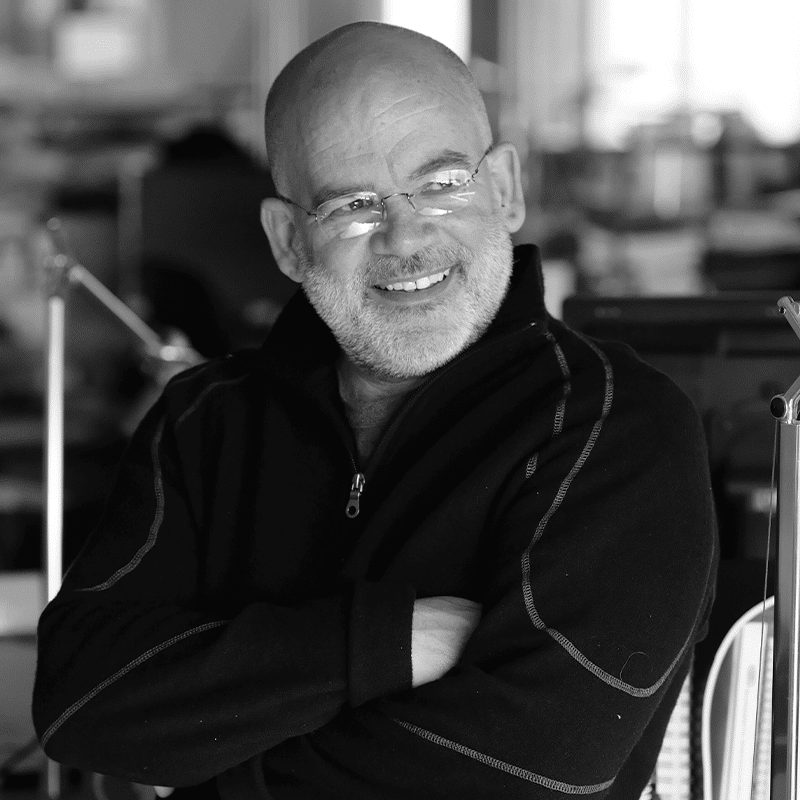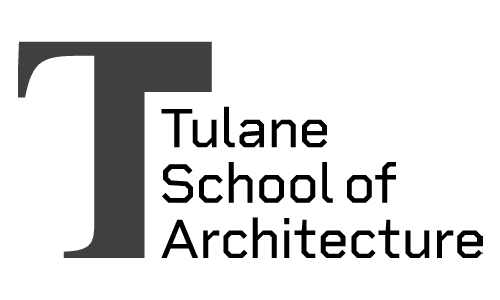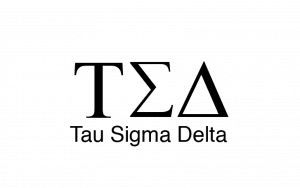Conference Overview
The ACSA Annual Meeting convenes educators, practitioners, and students from around the world to share research and explore the past and future of architecture, design, and allied disciplines. The 113th Annual Meeting will provide multiple opportunities for scholarly exchange in New Orleans March 20-22, 2025.
Theme
REPAIR
Architectural education is in an age of repair. How we meaningfully address the past and present harms of the practice, culture, and pedagogy of architecture will be crucial to setting urgently needed new directions. In the 2022 issue of the Journal of Architectural Education, entitled “Pedagogies for a Broken World,” editors Jay Cephas, Igor Marjanović & Ana Miljački wrote, “Indeed, seeing the world for what it is enables recasting our characterization of it from ‘broken’ to ‘unfinished,’ from narratives of progress to tactics of care.” As opposed to the consumptive practice of throwing away and building anew, repair is grounded in an ethical appreciation for the value inherent in what exists. Repair, as an approach, requires an understanding of the root causes of breakage and careful consideration of anticipated conditions and future use, to enable us to move forward.
Repair also often goes unrecognized. For this Annual Meeting, we hope to put these discussions front and center. Situated in the city of New Orleans, 20 years after Hurricane Katrina, this conference asks us to reflect on repair in practice, repair in teaching, and the ethics of repair in engagement, especially in schools of architecture. How does our discipline shift to address a “broken world” shaped by social inequities, polarization, misinformation, ecological degradation, climate change, and conditions of acute devastation due to wars and natural disasters? We invite architects, landscape architects, urban designers, planners, policy-makers, social workers, health practitioners, community leaders, advocates, and educators across our allied disciplines to join in a critical examination of our collective capacity for repair through care, healing, rebuilding, rewilding, and other yet unexplored actions in the built environment.
Conference Organization
The ACSA Annual Meeting supports the needs of architecture faculty and enhances architectural education and research. ACSA aims to create an inclusive, transparent, and impactful program that elevates, addresses, and disseminates knowledge on pressing concerns in society through the agency of architecture and allied disciplines.
The ACSA113 Annual Meeting Committee, has combined representation of ACSA members, the ACSA board and ACSA staff. The ACSA113 conference leadership is intended to increase transparency and inclusivity while keeping in mind effectiveness and maintaining rigor. The committee’s primary deliverable is the peer-reviewed content, along with themed sessions.
Steering Committee
Responsible for the non-peer reviewed content of the conference, including a theme that guides identification of plenary talks and invited panel sessions. The committee will also curate workshops, local engagement and other conference activities.
- Cathi Ho Schar, University of Hawaii at Manoa
- Sara Jensen Carr, Northeastern University
- Rubén García Rubio, Tulane University
Reviews Committee
Responsible for overseeing the peer-review process, which includes matching reviewer’s expertise with that of the submission, as well as designating sessions and moderators. Sessions will be composed of both papers and projects, when possible, allowing for scholarly and applied research to mutually demonstrate impact and inform one another.
- Cathi Ho Schar, University of Hawaii at Manoa
- José L.S. Gámez, University of North Carolina at Charlotte
- Suzanne Lettieri, Cornell University
- Hala Barakat, Washington State University
- Erin Moore , University of Oregon
- Ming Hu, University of Notre Dame
- Katie Macdonald, University of Virginia
- Altaf Engineer, University of Arizona
Annual Meeting Topics
The Annual Meeting Committee will maintain topics year to year in order to address the diversity of our members scholarly, creative and pedagogic interests. This consistent and we hope inclusive list of topics will also ensure an annual venue for all members to submit to an ACSA conference.
Building Science & Technology
Design
Digital Technology
Ecology
Health
History, Theory, Criticism
Pedagogy
Practice
Society + Community
Urbanism

Thomas Fisher
As the Director of the Minnesota Design Center since 2015, Fisher has spearheaded initiatives that focus on asset-based community development and sustainability. Under his leadership, the center has secured over $5.7 million in funding to tackle critical issues such as climate resilience, equity, and public health. His efforts include projects that reimagine urban infrastructure, such as autonomous vehicle systems and equitable streetscapes, as well as systemic redesigns like a new 911 emergency response systems framework. Beyond research, Fisher has emphasized actionable solutions for underserved communities, including launching nonprofits dedicated to addressing homelessness and digital equity and creating programs that train young people in design thinking and technology

Anna Dyson
Anna Dyson is the Founding Director of the Yale Center for Ecosystems + Architecture (Yale CEA) and the Hines Professor of Sustainable Architecture at Yale. She was the founding Director of the Center for Architecture Science and Ecology (CASE/SOM) in 2007, establishing novel PhD Programs that have been recognized for excellence in pedagogy by the US Green Building Council and ACADIA for the integration of experimental ecosystems within building test beds for clean energy, water, environmental quality and material lifecycle.
She received the second inaugural Innovator award from Architectural Record, and was the lead author of the UN Global Report Building Materials and the Climate: Constructing a New Future, the first UN Global report to be led by architects. Dyson has research areas funded by the NSF, US DOE, EPA, UNEP, UNCCD and has exhibited her design works at venues such as the MoMA, National Design Museum and World Future Energy Summit.
Bryan C. Lee, Jr.

Bryan C. Lee, Jr., NOMA, FAIA is an architect and leading design justice advocate. As the founder and director of Colloqate Design, a nonprofit design practice, Bryan is committed to using design as a tool for social change. Bryan is also a founding organizer of the Design As Protest Collective and Dark Matter University, which work to uplift the voices and perspectives of marginalized communities in the built environment.
Steve Dumez

Steve Dumez is a Principal and Director of Design of EskewDumezRipple, a 60-person architecture and design practice with offices in New Orleans and Washington, DC. Working across a wide range of project types that include civic, cultural, workplace, housing and education, the studio’s engaging and interactive design process reflects and responds to context, climate, culture, and community to create projects of lasting environmental and social value.
Read More
Under his design leadership, the firm has received over 60 national awards for design excellence and over 180 additional awards at the local, state, and regional levels. In recognition of the firm’s significant contributions to the profession, EskewDumezRipple was recognized with the national 2014 Architecture Firm Award, the highest honor bestowed on a practice by the American Institute of Architects.
Steve is a Fellow of the American Institute of Architects and the recipient of the 2020 AIA Louisiana Medal of Honor. In addition to his professional responsibilities, Steve is currently teaching as a Professor of Practice in Architecture at Tulane University.
Iñaki Alday

Iñaki Alday is a registered architect, landscape architect and urbanist graduated from the Polytechnic University of Catalonia in 1992. Together with Margarita Jover, he founded aldayjover architecture and landscape in 1996 in Barcelona. The multidisciplinary, research-based practice focuses on innovation and is particularly renowned for its leadership in a new approach to the relation between cities and rivers, in which the natural dynamics of flooding become part of the public space and the buildings, eliminating the idea of “catastrophe”.
Read More
Alday is the Dean of the Tulane University School of Architecture since 2018. After teaching as Associate Professor at the Valles School of Architecture (UPC) since 1998, in 2011 he was appointed as Quesada Professor and Chair of the Department of Architecture at the University of Virginia. Alday is author of the books Aprendiendo de Todas sus Casas (Learning from all their Houses, Ed UPC, 1996), The Water Park (ACTAR, 2008), The Yamuna River Project, New Delhi Urban Ecologies (ACTAR, 2018), Cities and Rivers (ACTAR, 2023), and founder and first director of the magazine Z Arquitectura (2002-2005).
Both in academic research and in practice, Alday promotes a new attitude towards the transformation of our environment and how architecture can contribute to the inhabitation of the most challenged areas of the planet. The role of architecture and the architects, the integration of disciplines and scales, the non-traditional programs as the hybridized infrastructures, or the social and environmental ethics are some of the challenges to confront with a global vision.

Kate Orff
Kate Orff, RLA, FASLA, is the Founder of SCAPE. She focuses on retooling the practice of landscape architecture relative to the uncertainty of climate change and creating spaces to foster social life, which she has explored through publications, activism, research, and projects.
Widely recognized as a leading voice in landscape architecture, urban design, and climate adaptation in a global context, she is known for advancing complex, creative, and collaborative work that advances broad environmental and social prerogatives.
Among her many accolades, Kate became the first landscape architect to receive the MacArthur Foundation’s prestigious “genius” grant in 2017. In 2019, she was elevated to the ASLA Council of Fellows, accepted a National Design Award in Landscape Architecture from the Cooper Hewitt, and was named a “Hero of the Harbor” by the Waterfront Alliance. In 2020, she was named Urbanist of the Year by The Architect’s Newspaper. In 2023, she was named to the TIME 100, the magazine’s annual list of the most influential people in the world.
Conference Partners
Questions
Michelle Sturges
Conferences Manager
202-785-2324
msturges@acsa-arch.org
Eric W. Ellis
Sr. Director of Operations and Programs
202-785-2324
eellis@acsa-arch.org

 Study Architecture
Study Architecture  ProPEL
ProPEL 


